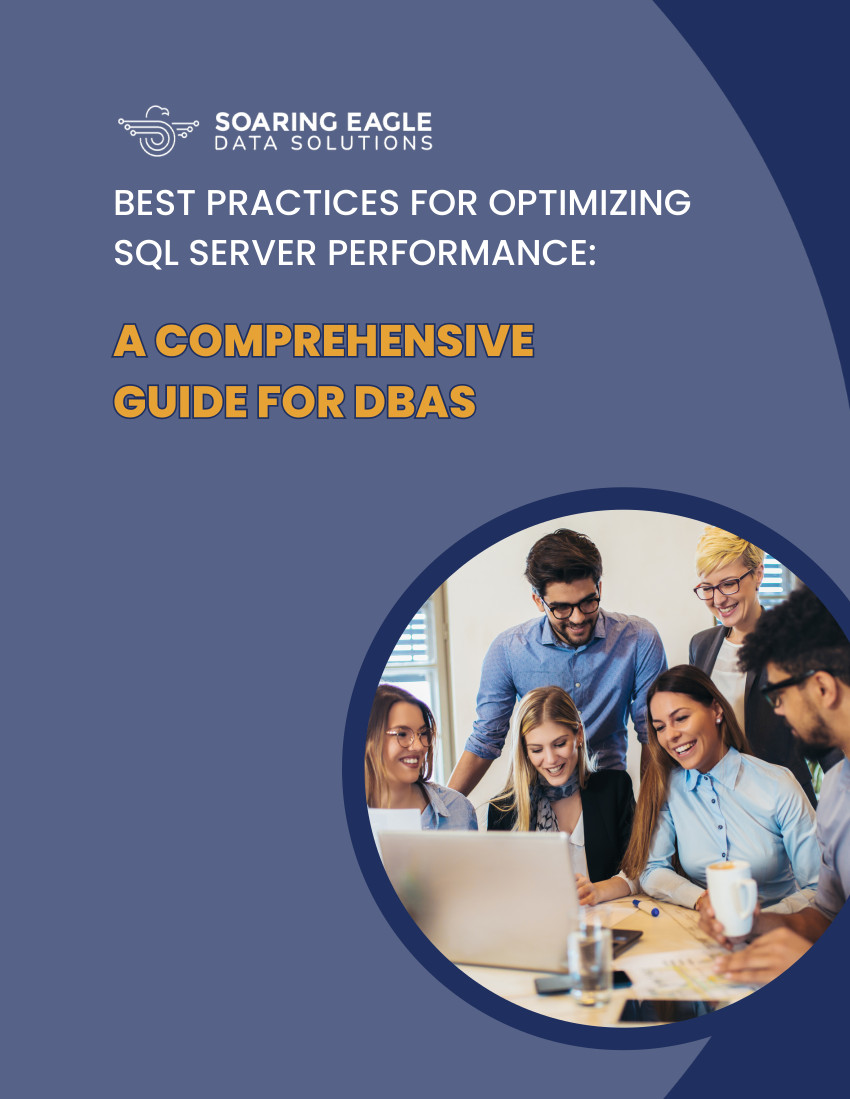
AI Databases, like all other areas of the industry, are having a massive impact on database management. Major players, such as Microsoft and Oracle, are using AI to monitor database workload patterns and apply automatic tuning continuously.
Now’s the time to leverage this unique opportunity to make AI part of a Database Management solution to proactively support security, capacity planning, workload optimization, and performance tuning.
What is An AI Database?
The intrinsic nature of the artificial intelligent space makes it challenging to standardize terminology. We often hear terms such as machine learning, deep learning, and artificial intelligence used interchangeably.
An intelligent database is a full-text database that applies artificial intelligence, communicating with users to assure that returned items contain the most relevant information possible, different from a traditional database, which only uses keywords and verbatim phrases connected by Boolean operations.
How Does an AI Database Work?
When a user makes a search using a traditional full-text database, having keywords and phrases in a referenced file does not guarantee that the contents of that file will be relevant in a given context. However, an intelligent database provides expanded and more flexible options for running queries. For instance, if a user types in a question as a full sentence, the database will provide a list of hits arranged according to the possibility that the resulting data contains a useful answer. AI Databases can correct suspected errors input by the user, display synonyms or antonyms for keywords and phrases.
To reap the most benefit from an intelligent database, the user must form queries with foresight, phrasing them carefully. If the question does not provide adequate results, the user can ask a more precise question, or change the nature of the query. A search can be limited to a particular computer, server, or network, or the entire web. It can also be limited to specific fields or topics such as products, world or regional news, images, white papers, or the field of information technology. An intelligent database presents the user with a history of searches, and if it is necessary to refine the search later or carry out another search on the same topic, the user does not have to start all over again.
Benefits of Artificial Intelligence
Organizations are introducing AI into their applications. They have data scientists exploring data, formulating hypotheses, and using machine learning to find models to be used to achieve many objectives, such as:
- Detection of security intrusions
- Recognition, processing, and diagnosis of images
- Resolution of users’ technology problems
- Automation of production management work
- Elimination of repetitive tasks
Contact Soaring Eagle Consulting for a Free Database Evaluation Today
Getting started is simple. Click the button below to request your free one-hour database assessment from the DBA experts at Soaring Eagle Consulting®.


